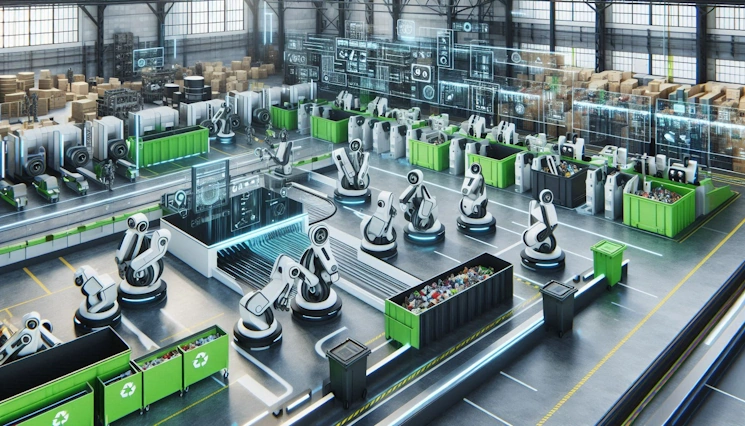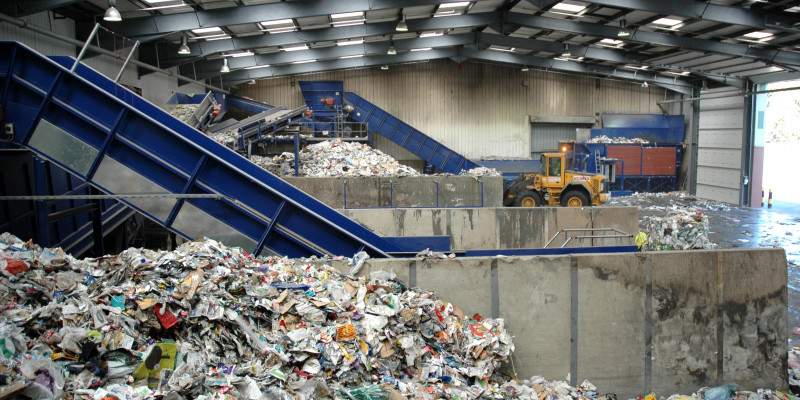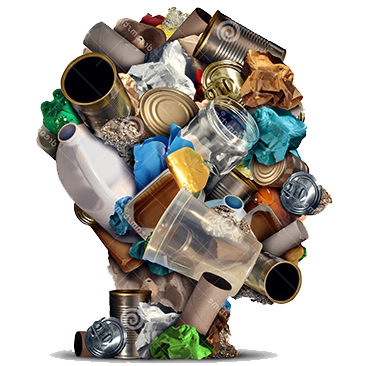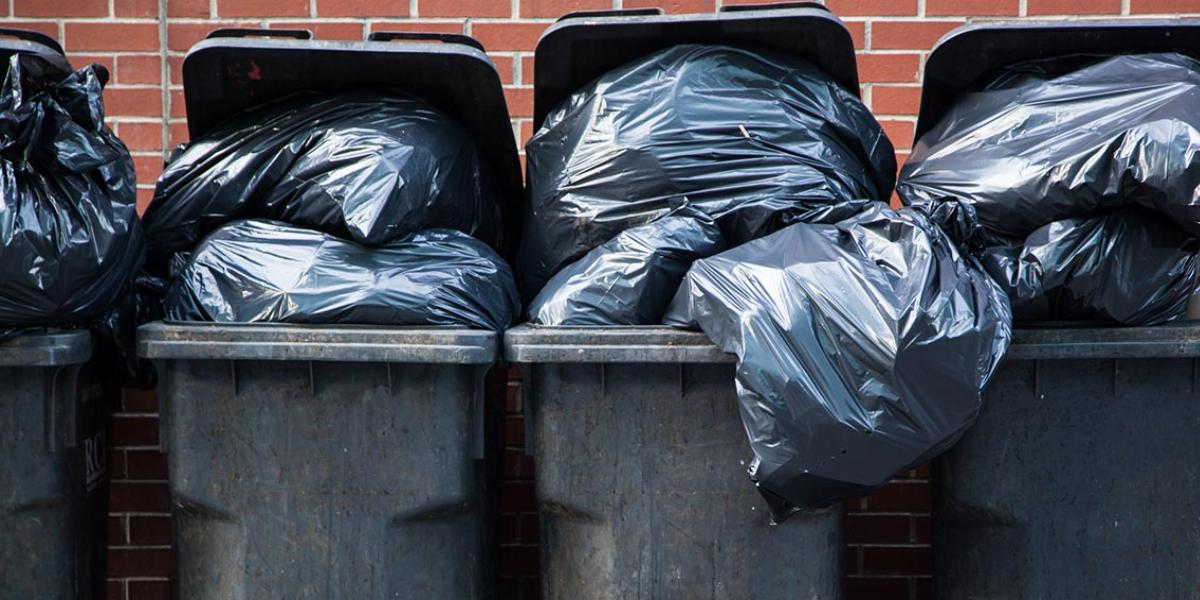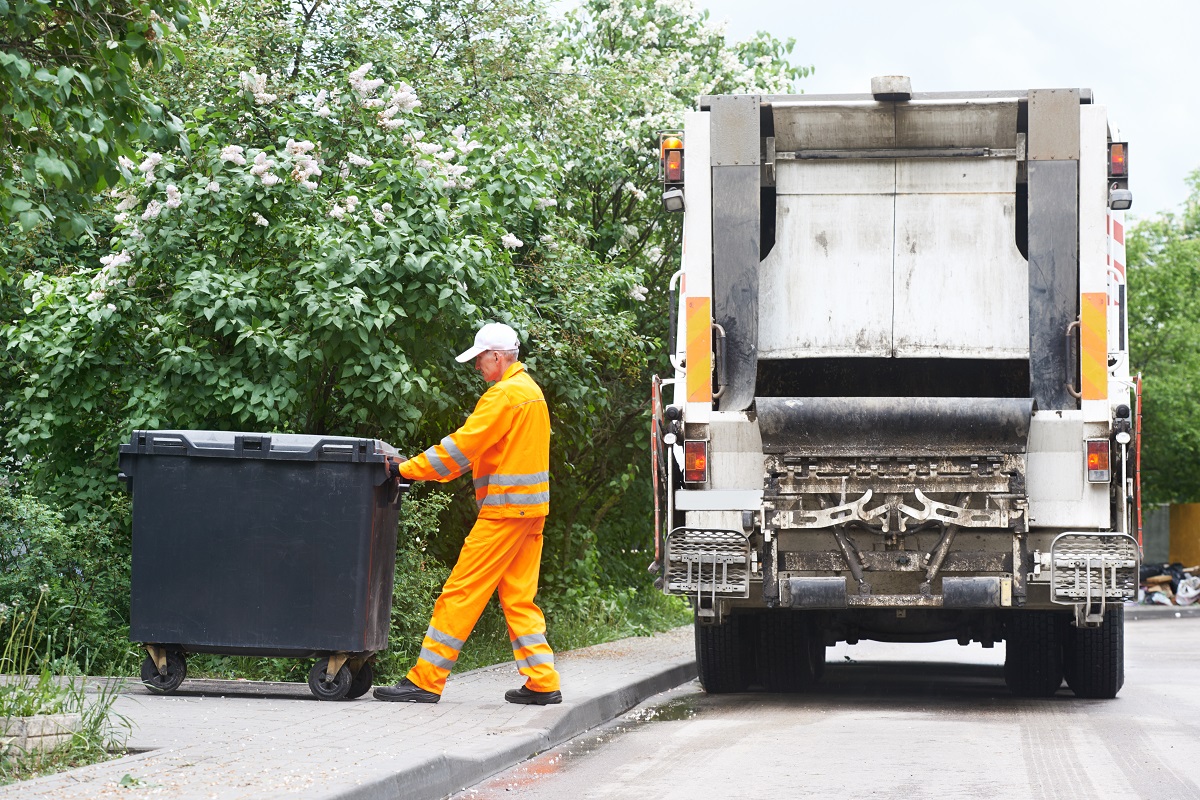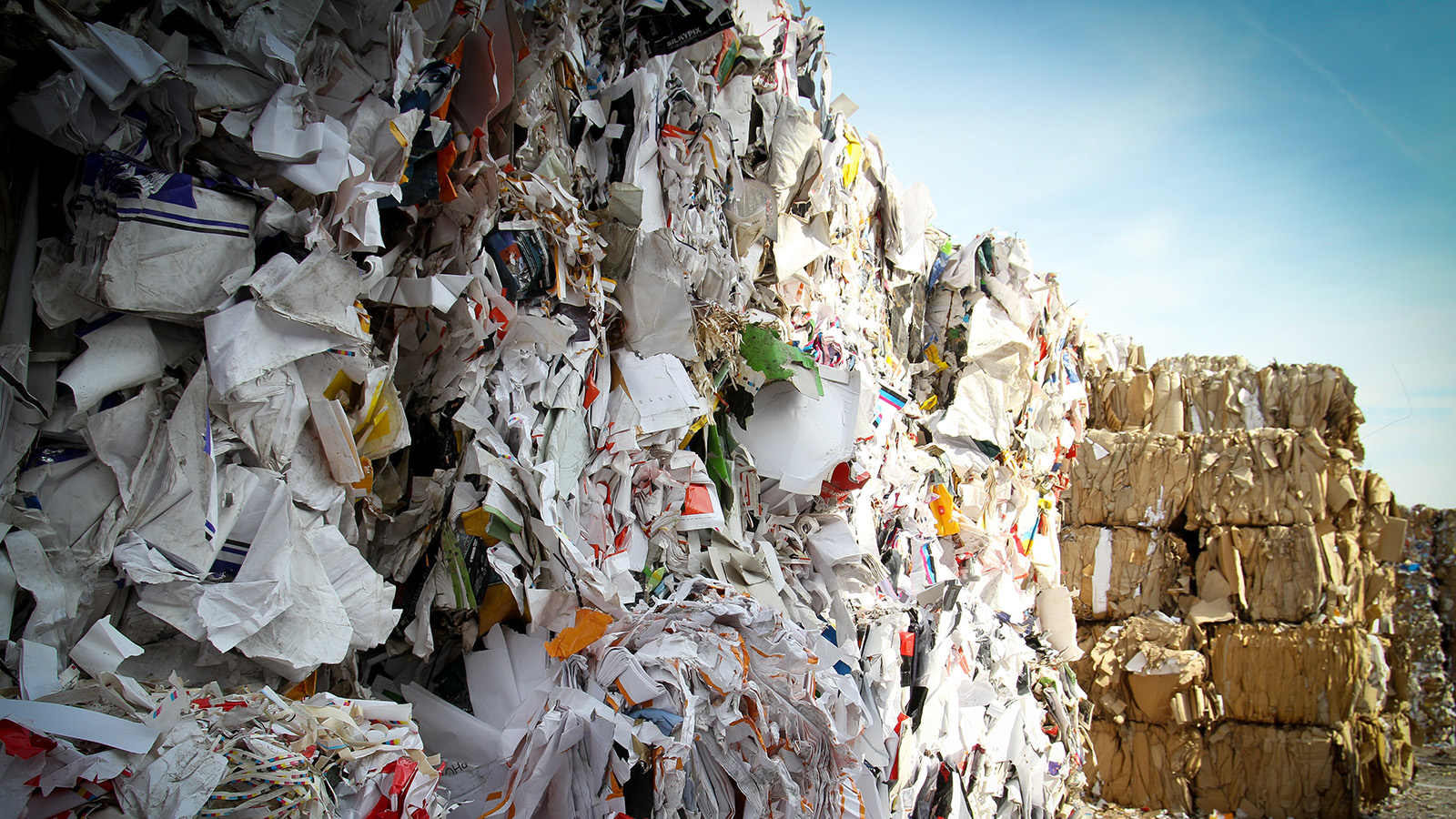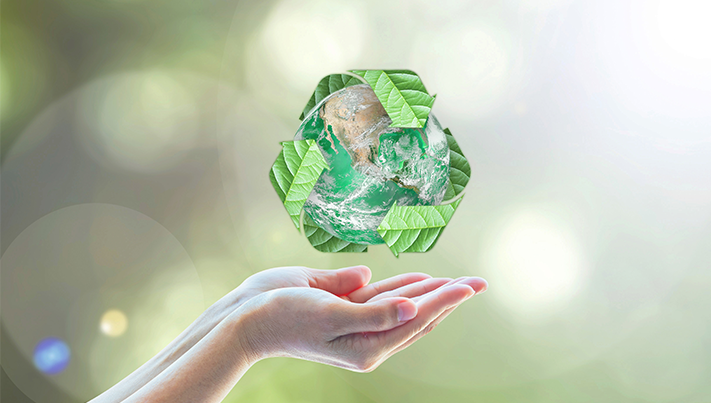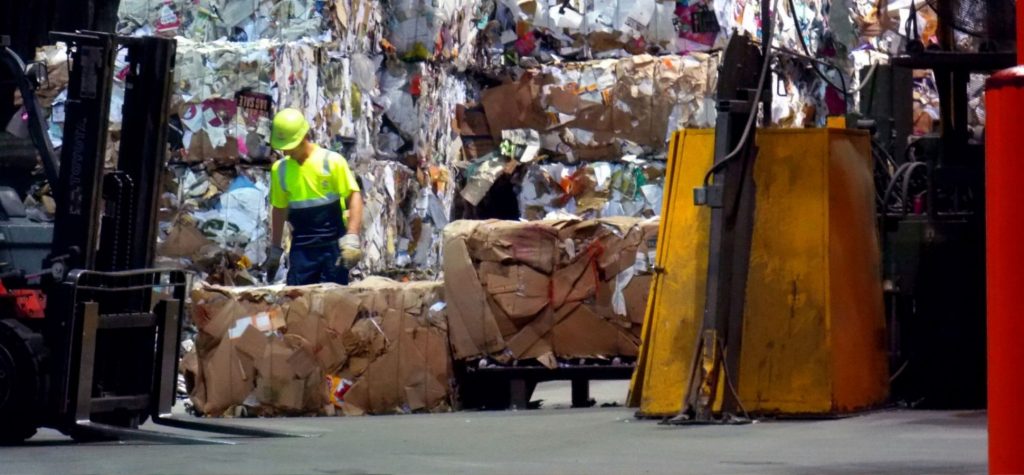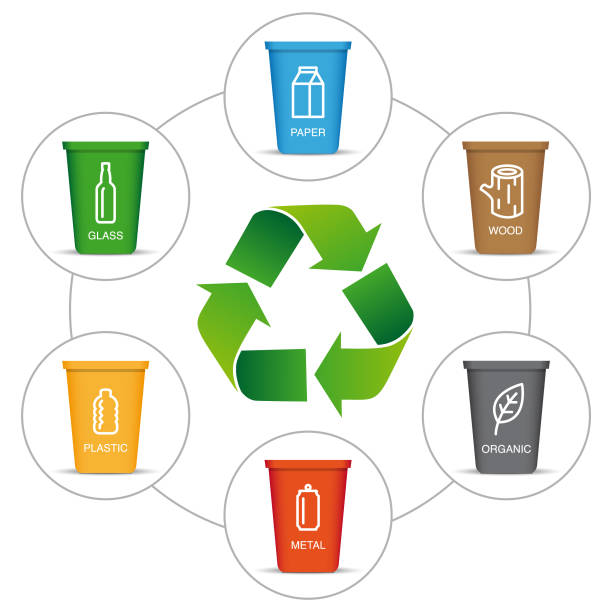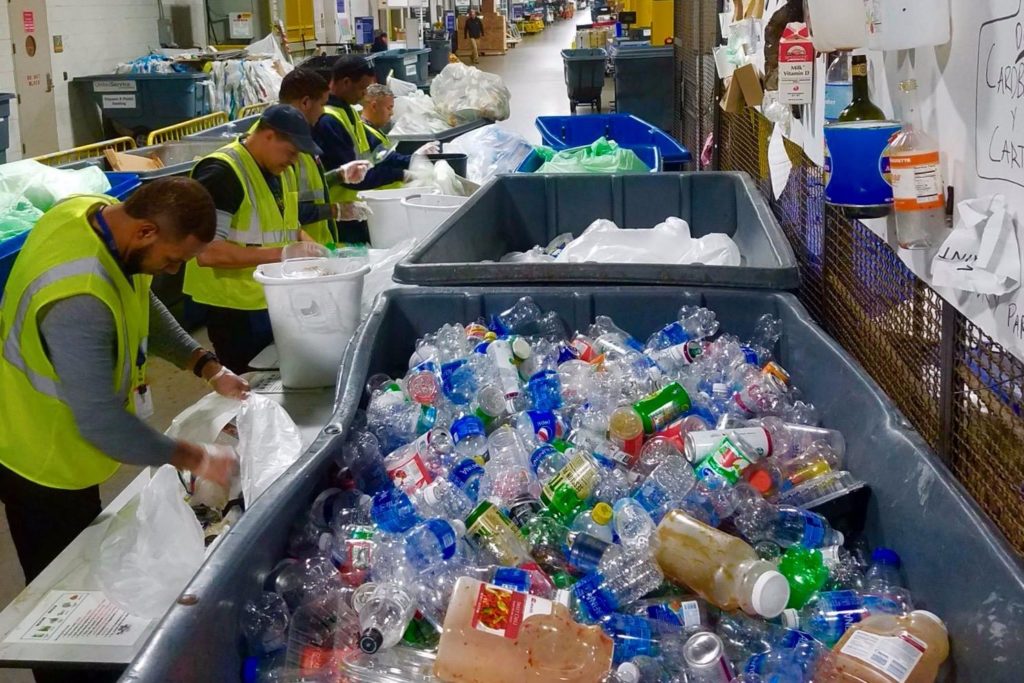Modern junk disposal technologies in SC have advanced significantly, driven by the local need for more sustainable and efficient waste management solutions.
Such technological innovations aim to reduce the environmental impact of waste, improve resource recovery, and enhance overall efficiency. Here are some of the most notable technologies and practices currently shaping the landscape of junk disposal in South Carolina.
Waste Sorting Systems for automation
Automated sorting systems have revolutionized recycling and waste management. These systems employ a unique combination of sensors, robotics and machine learning algorithms to scan materials for display. Robotic arms sort by weight, shape or size and optical sorters can differentiate between the different types of plastics, metals and paper products. This automation will make the recycling process more accurate and efficient, reducing contamination with discarded items that don’t belong in its collection as well as increasing recovery rates of high-value materials.
Waste-to-Energy (WtE) Technologies
Waste-to-Energy: These technologies allow non-recyclable waste to be used as a feedstock for the generation of electricity or heat, fuel. The most conventional method of WtE is incineration, which involves burning waste at incredibly high temperatures in order to generate a steam that powers turbines for electricity generation. Today, incineration is done at a large scale with high levels of safety and emission controls.
Gasification and pyrolysis are two up-and-coming WtE technologies with safer alternatives for air quality compared to incineration. These processes typically involve the heating of waste in low-oxygen environments to create a syngas (a combination contingent upon hydrogen and carbon monoxide) which can be used for either electrical power generation or liquid fuel production.
Anaerobic Digestion
It is a natural, biological process that breaks down organic waste with microorganisms under the absence of oxygen to produce biogas (methane), and digestate (a nutrient-rich substance). The release of biogas, which can be turned into electricity or heat, and digestate which is a type of fertilizer that has passed through the digestion process. This technology is ideally suited to the management of food waste, agricultural residues and organic industrial wastes ensuring these materials are diverted from landfill while at the same time mitigating greenhouse gas emissions.
Plasma Gasification
The technology is an advanced conversion process that can be used to convert waste such as biological material into solid biochar by using heat rather than combustion of the materials. A plasma arc is generated by electricity at temperatures reaching 10,000 degrees Celsius and capable of breaking down waste to the molecular level. It accepts many types of waste, even hazardous and non-recyclable materials with little to no emissions or residues.
Smart Waste Bins and IoT Integration
The Internet of Things (IoT) is making its way into waste management technologies through smart waste bins equipped with sensors and connectivity features. Such novel bins can monitor fill levels, detect contamination and optimize collection routes based on real-time data. By reducing the frequency of waste collection and ensuring bins are only emptied when needed, local municipalities like Myrtle Beach can cut down on fuel consumption and operational costs, improving their overall efficiency.
Chemical Recycling
Chemical recycling is an innovative approach that breaks down plastics and other materials into their chemical components, allowing them to be reprocessed into new products. Unlike traditional mechanical recycling, which can degrade the quality of plastics over time, chemical recycling maintains the integrity of the material, making it suitable for high-quality applications. Technologies such as depolymerization, pyrolysis, and solvolysis are being explored and implemented to tackle the growing plastic waste problem.
Circular Economy Initiatives
The concept of a the circular economy emphasizes designing products and systems that minimize waste and maximize resource efficiency in South Carolina. Companies and municipalities are adopting circular economy principles by promoting product reuse, repair, and refurbishment. Initiatives such as extended producer responsibility (EPR) programs hold manufacturers accountable for the end-of-life management of their products, encouraging them to design for durability and recyclability.
Modern junk disposal technologies in the state of SC are transforming the way waste is managed there, with a strong focus on sustainability, efficiency, and resource recovery.
From automated sorting systems and waste-to-energy technologies to anaerobic digestion and chemical recycling, these revolutionary innovations are helping to reduce the environmental impact of waste and promote a more sustainable future for all residents of South Carolina. As these technologies continue to advance, the integration of smart systems and circular economy principles will play a crucial role in shaping the next generation of waste management practices on the East Coast.

